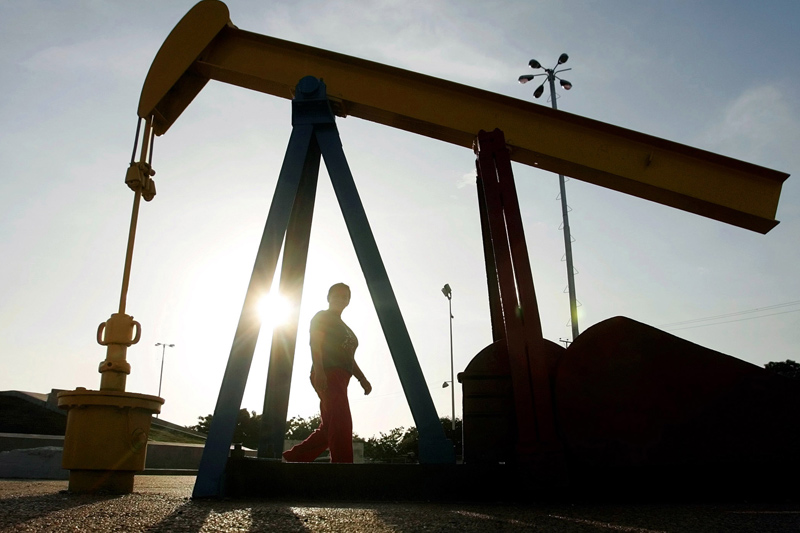Investing.com - Crude oil futures surged on Thursday, as policymakers in China provided fresh measures to boost liquidity and calm investors following days of sharp declines on Chinese stock markets.
On the ICE Futures Exchange in London, Brent oil for August delivery soared $2.07, or 3.63%, to trade at $59.12 a barrel during U.S. morning hours.
Elsewhere, on the New York Mercantile Exchange, crude oil for August delivery rallied $1.85, or 3.57%, to trade at $53.50 a barrel.
The spread between the Brent and the WTI crude contracts stood at $5.62 a barrel, compared to $5.40 by close of trade on Wednesday.
The Shanghai Composite rallied nearly 6% on Thursday as authorities increased scrutiny of short selling and eased rules for insurers to invest in blue-chips stocks in wake of China’s recent stock plunge.
Equity markets in China have lost more than 30% over the past three weeks, roiling global financial markets.
Market players are concerned that the plunge in the stock market could spread to other parts of the Chinese economy, triggering fears that the Asian nation's demand for oil will decline.
China is the world's second largest oil consumer after the U.S. and has been the engine of strengthening demand.
Meanwhile, investors continued to monitor developments surrounding the ongoing Greek debt crisis. The Greek government is expected to present a credible set of reform proposals by midnight on Thursday, after requesting a new three-year bailout from its euro zone creditors on Wednesday.
Whether European leaders accept Greece's request for more emergency loans at an emergency summit on Sunday will depend on whether Prime Minister Alexis Tsipras makes a drastic turnaround on pension cuts, tax increases and other austerity measures after five months of negotiations.
Failure to reach an agreement by Sunday would increase the likelihood of Greece falling into bankruptcy and leaving the single currency union.
Oil traders were also eyeing nuclear talks between the West and Iran, which could push millions of barrels of crude into the oversupplied world market.
Global oil production is outpacing demand following a boom in U.S. shale oil production and after a decision by the Organization of Petroleum Exporting Countries last year not to cut production.
